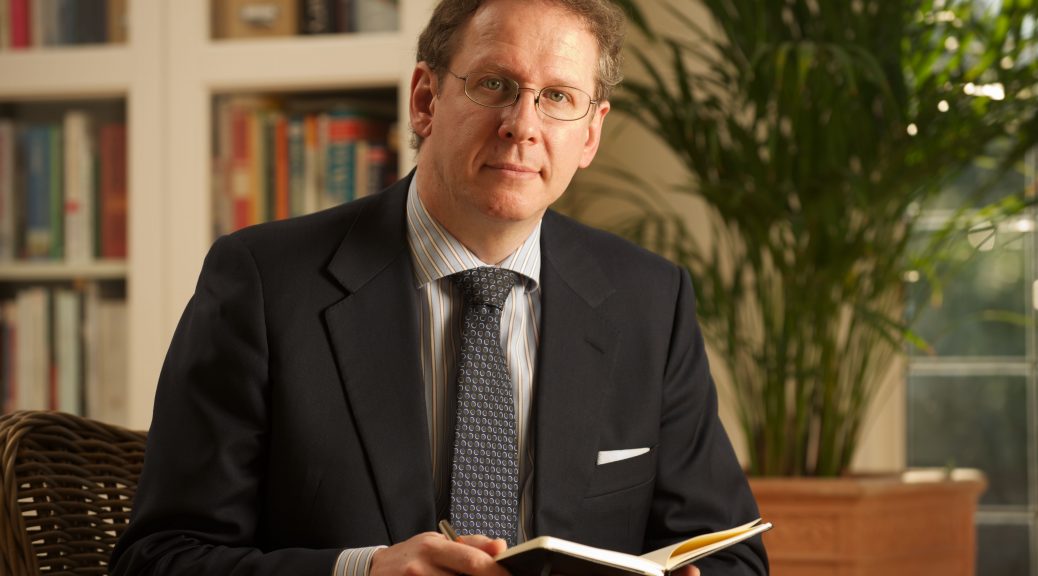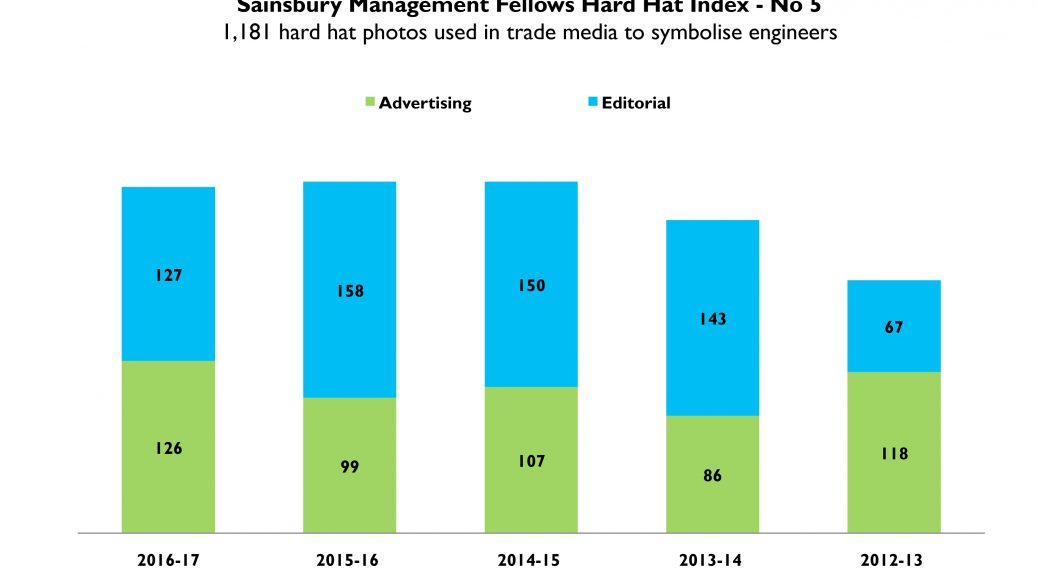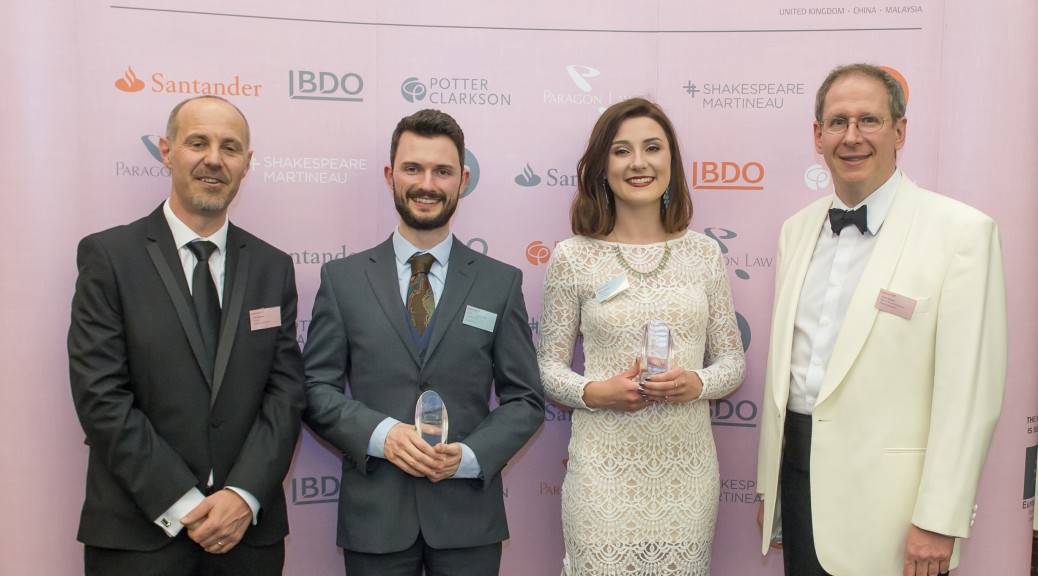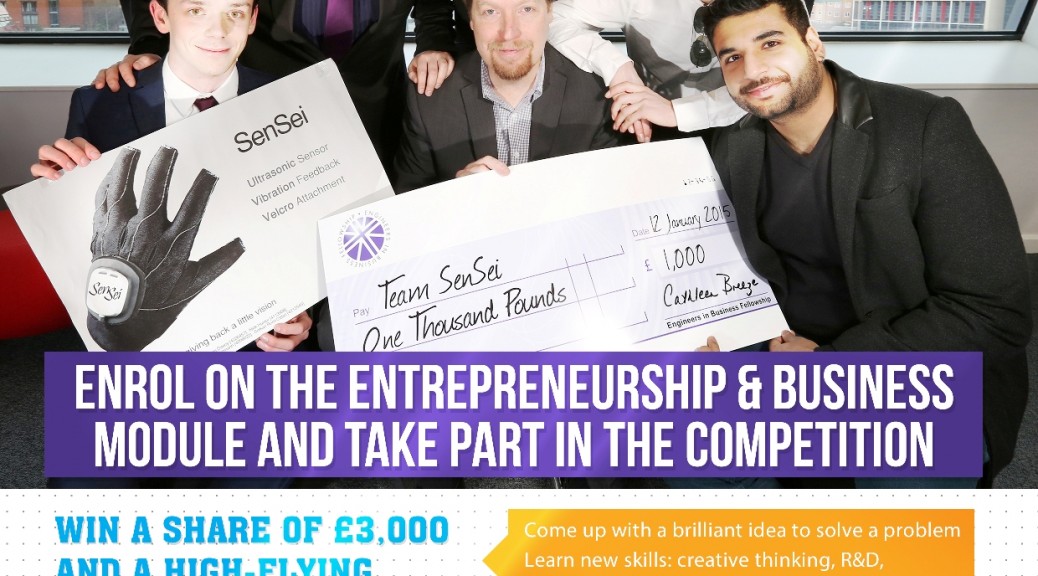
SMF President and business consultant, David Falzani has been selected for the second year running to coach participants in Leaders in Innovation Fellowships (LIF) programme run by the Royal Academy of Engineering in partnership with the Newton Fund. The Newton Fund is part of the UK’s official overseas development assistance which aims to develop international science and innovation partnerships that promote the economic development and welfare of developing countries.
The primary objective of the LIF programme is to build the capacity of researchers within partner countries* of the Newton Fund, for entrepreneurship and commercialisation of their research. The programme brought a cohort of 15 researchers who have developed a business proposition for their innovation, to the UK to participate in a 10-day residential programme. This delivered highly focused entrepreneurship training and gave the researchers access to expert coaches who helped them to develop their business plans, all of which are based on their outstanding research.
David Falzani was delighted to be selected to take part in the 2016/17 LIF programme because it enabled him to draw on his experience and skills as a business consultant to early-stage companies, to help the researchers assigned to him. Also, as a seasoned lecturer in entrepreneurship – he has taught the subject at the University of Nottingham’s Business School for the last five years – he shared lessons and real-life case studies with the researchers on the commercialisation of business innovations.
David coached researchers working on a genomics product, a sleep monitoring system, express bone replacement and the regeneration of deactivated catalysts. He said, “It was an intense, exciting and rewarding two weeks during which I had the pleasure of working with very talented researchers. Their ideas are bringing real value within their sectors and benefits to society.”
David’s work with the researchers was tailored to each project, and covered wide-ranging topics, including helping them to identify markets and target products within international markets; exploring how to promote new products, advising on financial and cash strategies, and price negotiation theory; looking at how to engage with potential collaborators; sharing insights on investor networks and managing investors; as well as actually facilitating introductions to potential investors.
Turkey: Genomize SEQ Genetic Analysis Cloud Platform
A cloud-based genomics product that is enabling personalised genomics and preventive medicine. SEQ delivers a unique machine learning approach to eliminate 99% of false positives in genetic variant analysis. Due to its cloud-based nature, users can store and organise their genetics data in a secure data warehouse without the need to build the technical and personnel infrastructure for genome analysis.
The B2B model provides data genomic processing for Hospitals whilst the new B2C model has introduced a consumer brand resold via genetic diagnosis centres. Both models are producing revenue and are looking for scaling opportunities.
The platform allows couples, such as those that already have a child with a genetic disease, to check that a foetus is healthy via a non-invasive screening service. It also allows them to estimate the risk of genetically inherited diseases in their genome being passed on to their future children.
SEQ also opens the door to personalised treatment for patients with diseases such as cancer, and predictions to the response to certain types of drugs.
The number of hospital customers has increased from 12 to 28. SEQ is on track for sales of $300,000 this year and a 2017 sales target of $1.5m. They now estimate they have over 65% market share in Turkey, making it easier to acquire new customers as word and their reputation spreads.
Genomize won first prize in the 2016/17 LIF programme.
China: SCR RegenTM
Fossil fuel plants are still common in many countries, including China. Chinese government rules are increasingly targeting nitrogen oxide (NOx) and other emissions, with recent regulation requiring all such power plants to install SCR catalyst systems to clean the flue gas. These SCR catalysts usually become inactive after three years of operation.
SCR RegenTM takes old deactivated catalysts and regenerates them back to virtually ‘as new’ condition. The regeneration process removes all the catalyst deactivation compounds and restores the catalyst activity back to the original OEM level.
Since it is based on recycling, this offers substantial economic advantages. For example, about a £1 million per year saving for an 800-megawatt power plant, as well as environmental benefits such as, typically, avoiding 500 tonnes of hazardous solid waste.
SCR RegenTM’s parent company, the Shenhua Group owns 78 power plants with a total of 6600 Megawatts electric capacity. However, there are also many more power plants in China and there is only one competitor able to provide a similar, but inferior, catalyst recycling solution.
Operationally, SCR RegenTM has successfully recycled catalysts during an extremely tight shutdown period for a power station, with formidable penalties for any late completion. It is focusing on licensing its now proven solution. SCR RegenTM already has six licensees so far with six SCR regeneration plants in China, covering about 60% of the Chinese market. The company is expecting sales to approach 12mRMB (over $£1.7m) in its first commercial year, which has exceeded all expectations.
The use of SCR catalysts has a profound effect on the level of pollutants and carbon emitted by fossil fuel-fired power stations. However, since the power stations are now required to fit such catalysts, the SCR regeneration project’s prime achievement has been in reducing the catalyst replacement cycle and achieving full performance recovery with recycled rather than new catalysts – something that was previously impossible – avoiding the frequent purchase of brand new catalysts.
Brazil: Lisane Valdo, An Engineer with an MBA
Lisane Valdo has developed a watch-based wristband sensor and associated sleep monitoring system. The sleep and tiredness monitoring system has four potential large markets: weight loss, nutrition, industrial safety (process plant staff, and drivers/machine operators), and sports management.
The weight loss application has a large market and an important social aspect: there is a growing obesity epidemic threatening to overwhelm many healthcare systems in the next two decades. Well known as appetite factors, lack of sleep and poor sleep quality are amongst the key drivers for weight gain and difficulty in losing weight.
A trial is taking place with the largest hospital in South America, with 400 patients. Lisane is currently applying for phase 3 FAPESP funding and a significant new investor is being sought to develop the first of a number of sleep clinics. She is working on this with GOCIL, the biggest private security company in Brazil, with 23,000 employees.
Other opportunities being considered include a sensor to prevent cot death for premature babies and a bovine pregnancy monitor.
On completion of the residential course, the researchers returned to their respective countries and continue to push their innovations forward. However, the support did not stop there. As with all LIF programme coaches, David continued to provide long-distance mentoring for six months after the course. He concluded, “It’s wonderful to see the progress that is being made on all the projects, and I wish all the researchers great success as they achieve ‘firsts’, secure new contracts and expand into new geographical territories.”
If you are interested in becoming a teacher/coach on the Royal Academy of Engineering’s Leaders in Innovation Fellows programme, visit the website for further information.
Sainsbury Management Fellows is the scholarship scheme of Engineers in Business Fellowship. If you are an engineer interested in studying for an MBA, visit this scholarship page.
* India, China, Vietnam, Philippines, Thailand, Malaysia, Indonesia, Turkey, Kazakhstan, Egypt, South Africa, Mexico, Chile, Colombia, and Brazil.









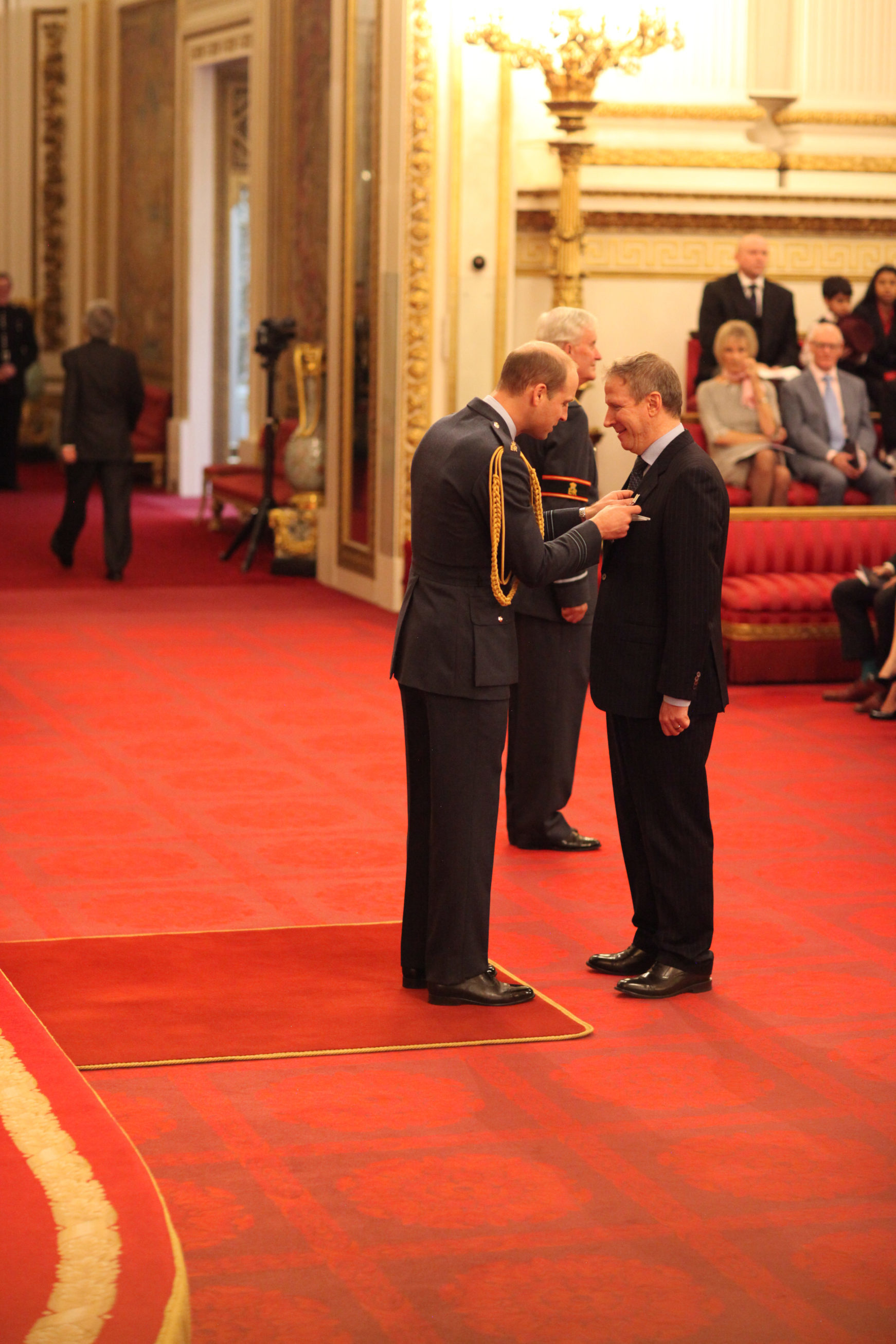

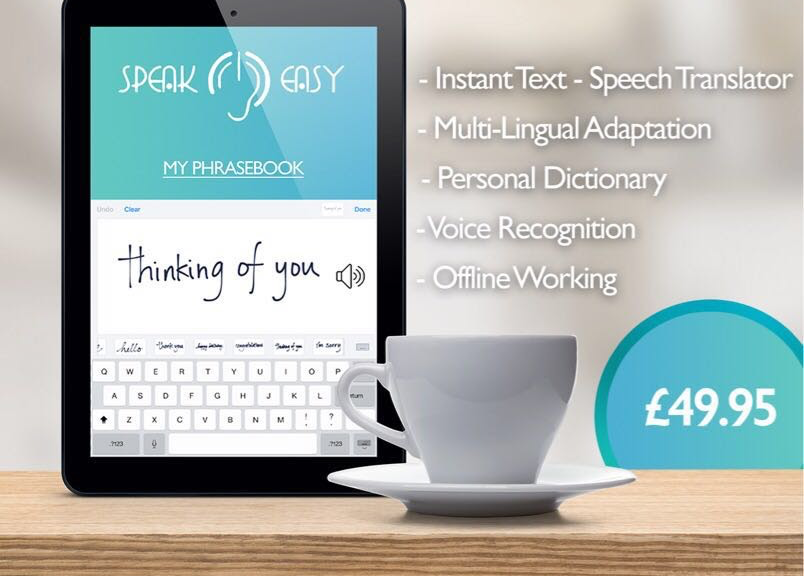
 More than 300 hundred engineering students can now compete for a Sainsbury Management Fellows (SMF) Engineers in Business prize following its expansion from one to four universities. Engineers in Business is a business innovation competition aimed specifically at engineering undergraduates.
More than 300 hundred engineering students can now compete for a Sainsbury Management Fellows (SMF) Engineers in Business prize following its expansion from one to four universities. Engineers in Business is a business innovation competition aimed specifically at engineering undergraduates.